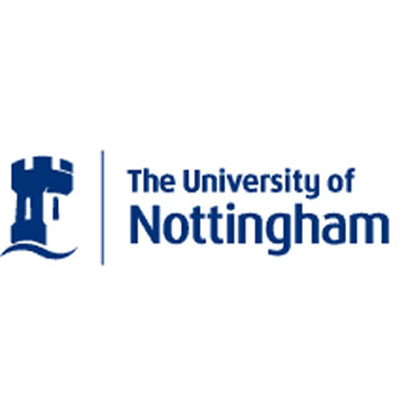
You will study a range of core compulsory modules in all years. Depending on the course you are studying, you will take additional compulsory or optional modules from within the School or Faculty.
A unique aspect of our degree programmes is the compulsory language component. This ensures that you graduate with a high level of spoken and written fluency in a modern European or Asian language that is new to you, improving not only your grasp of another language and culture, but also dramatically enhancing your employability in today’s extremely competitive job market.
Our Foundation courses give you another way to study for an undergraduate degree.
| A level | BBC, excluding general studies, with grade C in SPM/GCSE/IGCSE mathematics |
| IB Diploma | 28 points with 5,5,4 at Higher Level and 4 points in mathematics and Standard or Higher Level |
| STPM | B+B+B, excluding Pengajian Am, with grade C in SPM mathematics |
| UEC | 4 As, excluding Bahasa Malaysia and Chinese language |
| SAM/AUSMAT/HSC | ATAR (UAI)/TER/ENTER 82 |
| Canadian Pre-U | 80% average based on 6 subjects |
| Foundation | Successful completion of the Foundation in Arts and the Foundation in Business and Management programmes |
| IELTS: | 6.5 (no element below 6.0) |
| TOEFL (iBT): | 88 (no element below 19) |
| PTE (Academic): | 62 (minimum 55) |
| SPM: | grade A- |
| 1119 (GCE-O): | grade B |
| GCSE/IGCSE: | grade C |
| UEC: | grade A2 |
| IB English A1 or A2 (SL or HL): | 4 points |
| IB English B HL: | 4 points |
| IB English SL: | 5 points |
| IELTS and TOEFL test results must be less than 2 years old and all IELTS must be the academic version of the test | |
The Foundation in Arts and Education is a 1+3 year programme that results in direct progression to the undergraduate degrees offered within the Faculty of Arts and Social Sciences. This rigorous programme provides students with a strong academic background that will result in enhanced language, communication, critical thinking and study skills.
Students on this programme also chose from a range of elective modules that provide the opportunity to sample topics related to their chosen undergraduate pathway such as politics, the world economy, media and education.
Modules
Modules
Modules
Optional Film and TV Studies modules*
An international communications degree is your passport to a wide variety of rewarding professions. Likely career paths include: TV, film, radio and print – producers, reporters, journalists, editors, researchers; advertising, marketing and PR – copywriters, creatives, account executives; teaching and research; publishing, translation and interpreting; government service, civil service, diplomacy, embassy work; politics, think tanks, non-governmental organisations (NGOs); international business; management, HR, recruitment and consultancy; and arts or heritage administration and management.
Source : The University of Nottingham